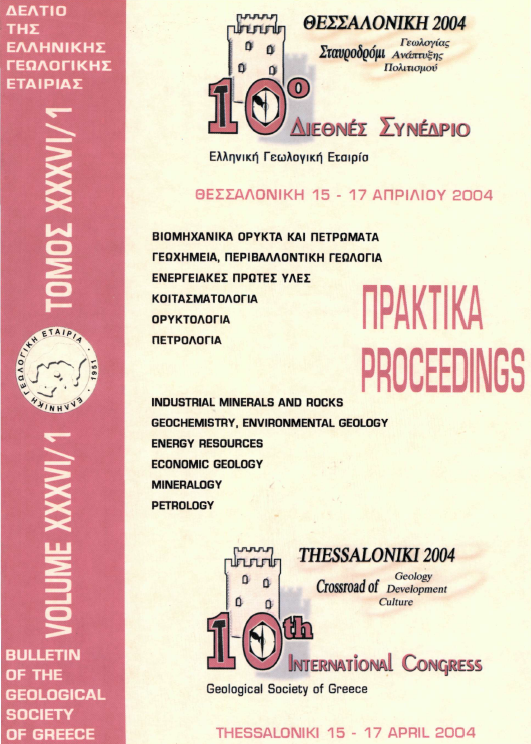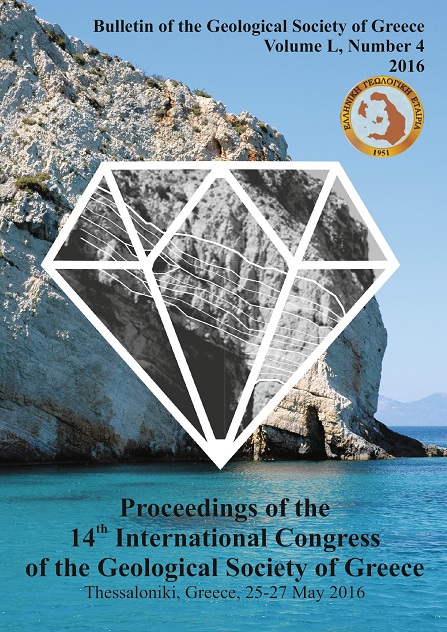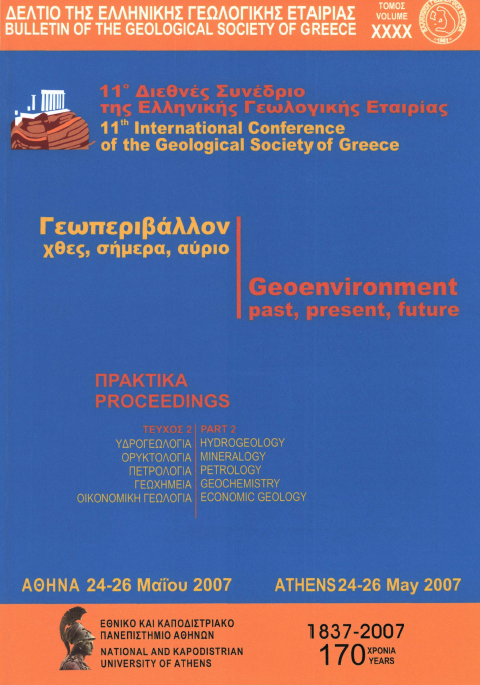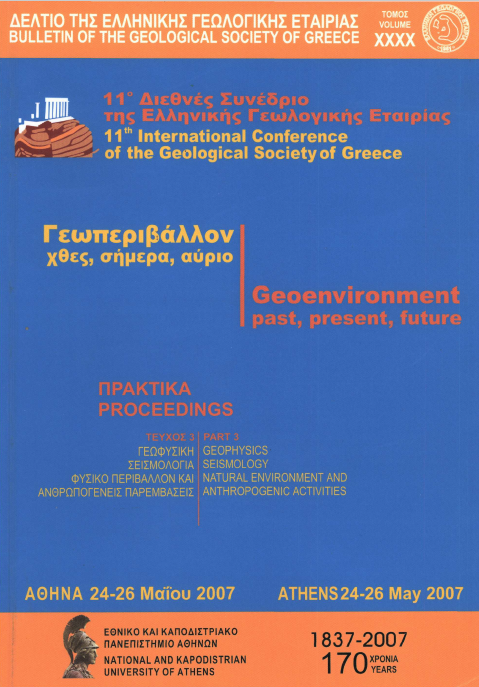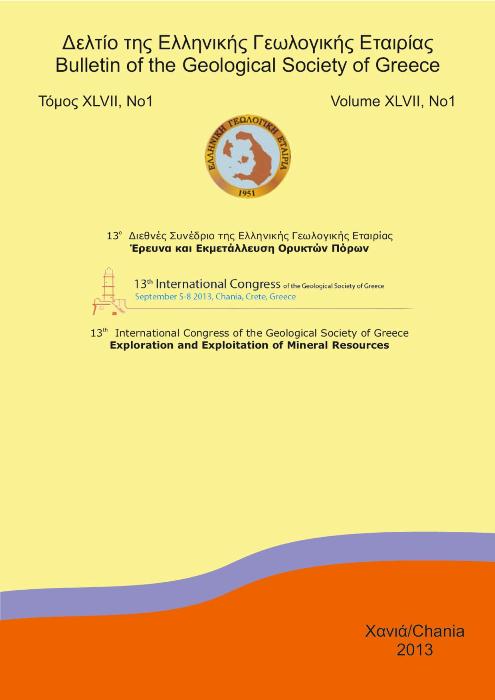NATURAL RADIOACTIVITY OF GRANITES USED AS BUILDING MATERIALS IN GREECE
Résumé
The granites used in Greece as building materials and imported from foreign countries, mainly from Spain and Brazil, are rock types similar with the stony building materials world-wide used. Sixteen kinds of different granites, considered as the most popular, were sampled and their natural radioactivity was measured by gamma spectrometry. The, 226Ra, 232Th and 40K contents of granites were compared to corresponding ones of other building materials as well as other granite types used all over the world. For the reasons of radiological impact from use of granites as building materials, the absorbed dose and the effective dose as well were determined. Although the annual effective dose is higher than the limit of 1 mSv a"1 for some granites examined, they could be used safely as building materials, considering that their contribution in most of the house constructions is very low. An attempt to correlate the relatively high level of natural radioactivity of different kinds of granites with the presence of radioactive minerals and their chemical composition was also made.
Article Details
- Comment citer
-
Pavlidou, S., Koroneos, A., Papastefanou, C., Christofides, G., Stoulos, S., & Vavelides, M. (2004). NATURAL RADIOACTIVITY OF GRANITES USED AS BUILDING MATERIALS IN GREECE. Bulletin of the Geological Society of Greece, 36(1), 113–120. https://doi.org/10.12681/bgsg.16589
- Rubrique
- Industrial Minerals and Rocks

Ce travail est disponible sous licence Creative Commons Attribution - Pas d’Utilisation Commerciale 4.0 International.
Authors who publish with this journal agree to the following terms:
Authors retain copyright and grant the journal right of first publication with the work simultaneously licensed under a Creative Commons Attribution Non-Commercial License that allows others to share the work with an acknowledgement of the work's authorship and initial publication in this journal.
Authors are able to enter into separate, additional contractual arrangements for the non-exclusive distribution of the journal's published version of the work (e.g. post it to an institutional repository or publish it in a book), with an acknowledgement of its initial publication in this journal. Authors are permitted and encouraged to post their work online (preferably in institutional repositories or on their website) prior to and during the submission process, as it can lead to productive exchanges, as well as earlier and greater citation of published work.

